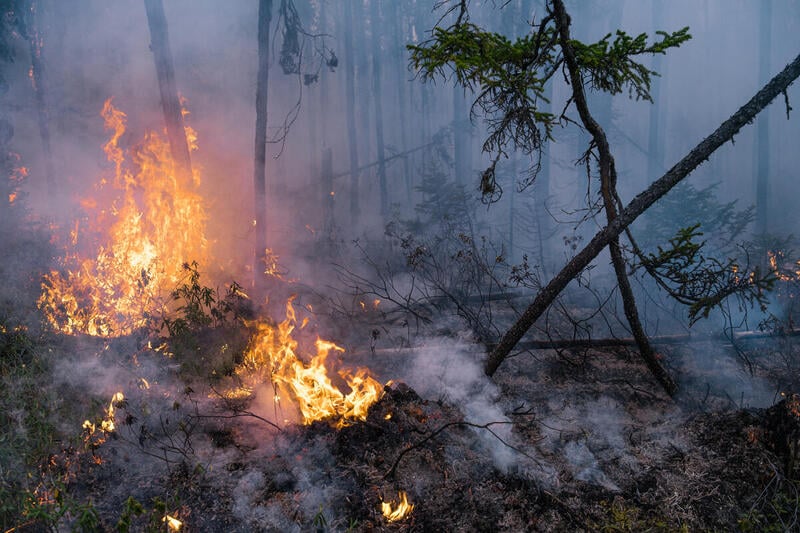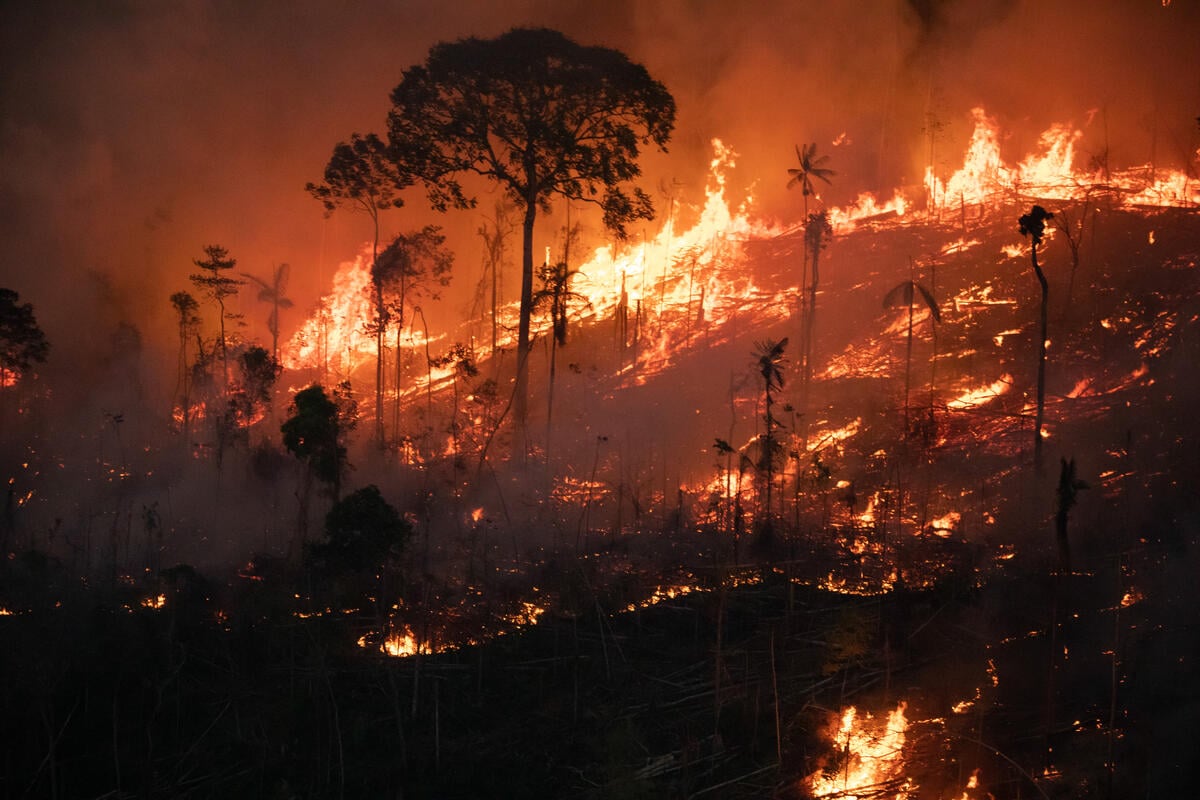MONTREAL – 24 September, 2019 – A large coalition has formed in response to the upcoming International Civil Aviation Organization (ICAO) Assembly, beginning today in Montreal. The Climate Aviation Coalition is demanding that Member States of this United Nations agency reduce the severe impact of aviation on the climate. As host country, Canada has an obligation to take the opportunity of the 40th triennial assembly to propose a plan for a major and immediate reduction in the number of flights. This is the only real way to cut greenhouse gas emissions from aviation and bring them in line with what is needed to avoid climate catastrophe.
Aviation is a significant driver of climate change. International flights emit as many greenhouse gases as all the 129 lowest-emitting countries combined, according to a paper presented at the last ICAO Assembly. Aviation is responsible for 4.9% of global warming. A recent report states that total emissions from international aviation are projected to triple by 2050 if current trends hold. Boeing also predicts that the number of jet aircraft in service will increase from 25,830 to 50,660 in the next 20 years. Meanwhile, thanks to its lobby, the industry is under no obligation to conform with Paris Accord targets. So while the world as a whole strives to reduce emissions, air transport will increase them.
The industry claims it can offset emissions by purchasing carbon credits, using a compensation programme developed by the ICAO called CORSIA (Carbon Offsetting and Reduction Scheme for International Aviation). Under the CORSIA programme, aviation emissions will continue to increase and jeopardize the stability of the climate. It is misleading to think that new emissions can be offset by planting trees or by other similar activities. It is imperative that CO2 emissions are reduced AND trees are planted. Planting of trees should not be done in order to allow the aviation industry to emit even more CO2. It is useless to plant trees if emissions keep on growing.
Fair taxation
For the past 75 years, the air transport industry has profited from a major tax exemption: on international flights, aviation fuel is not taxed. This must change. There is no reason why vehicle fuel should be taxed on the ground, but not in the air. Canada needs to propose that the ICAO establish fair taxation for international flights, and to implement corresponding measures for domestic flights. These taxes should be much higher for tickets in business and first class, as compared to economy class. Taxes for domestic flights could be waived entirely for remote indigenous communities not connected by road to the rest of the country.
The taxation system must be designed to dissuade people from flying. A feasible solution would be to adjust the tax rate in accordance with the number of flights a passenger takes over the course of a year. As such, the taxation rate could be increased when passengers purchase a second ticket within one year, and increased again for a third ticket, etc. Frequent flyers would in this way be taxed more significantly, compared to occasional travellers such as middle-class families.
Moratorium on airports
Canada, as well as the other Member States of the ICAO, must also impose a moratorium on new airport construction, as well as on the expansion of existing airports, except in rare cases. Construction and expansion allow the aviation sector to grow when it should be shrinking, and threatens the health and safety of neighbouring residents.
In 2017, globally, construction was approved or already underway for 423 new airports, as well as for 121 additional runways at existing airports. Aéroports de Montréal intends to invest $2.5 billion to build a new terminal at Montréal-Trudeau International Airport, equipped with 10 to 15 new gates, in order to meet increasing demand. Meanwhile the Montréal/Saint-Hubert Airport wants to build a new runway for Boeing 737s and Airbus A220/320s, to allow for international aviation.
The Climate Aviation Coalition demands a massive reduction in greenhouse gas emissions by the air transport sector in order to prevent a catastrophic level of global warming. Science tells us that only an immediate and major reduction in the number of flights will allow us to achieve this objective. The coalition intends to bring its message particularly to the federal government and affected municipalities. The coalition will continue to work on this dossier throughout the coming months, to ensure that everything possible is done to rein in the aviation industry, which is currently flying high on a free pass to pollute the atmosphere – and which is putting our future at risk.
The Climate Aviation Coalition is made up of : Le Pacte pour la transition, Rapid Decarbonization Group, Greenpeace Canada, Extinction Rébellion Québec, Devoir environnemental collectif (dec), La planète s’invite au parlement, La planète s’invite à l’université, Devoir Environnemental Collectif (Dec), Pour le futur, Les Pollués de Montréal-Trudeau, Flight Free 2020 Canada, Land Over Landings, UNEplanète.
Follow this story through these hashtags #climateemergency #climateaviationcoalition
Link to this press release: http://www.lepacte.ca/la-coalition-aviation-climat-presse-loaci-de-repondre-a-lurgence-climatique/
– 30 –
Source : Climate Aviation Coalition
Media Contact :
Rosemonde Communications / Rosemonde Gingras
514-458-8355




